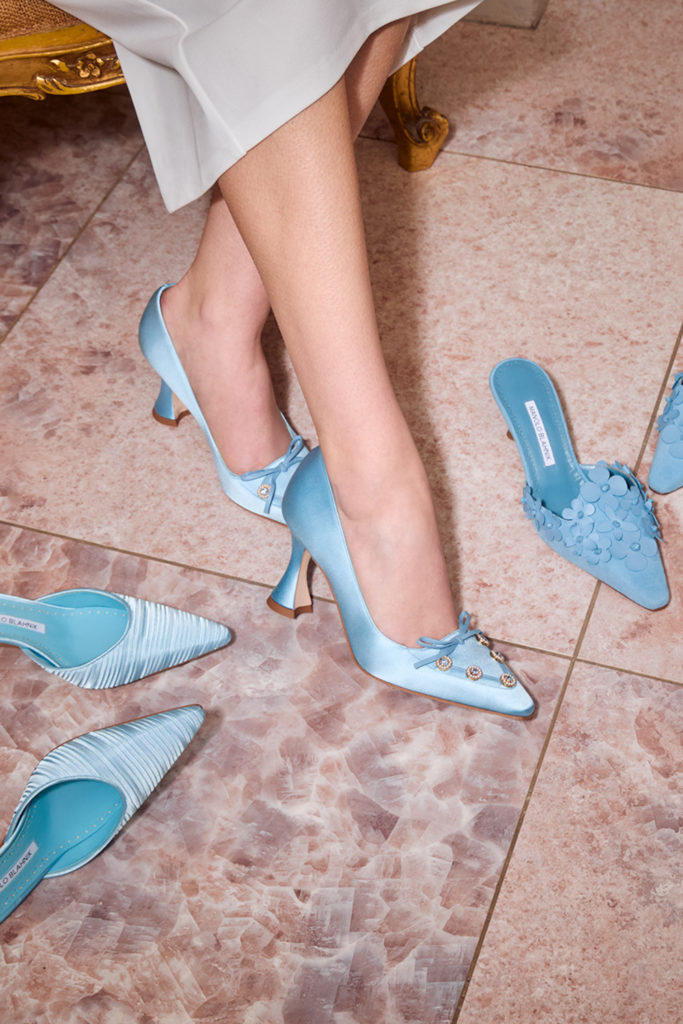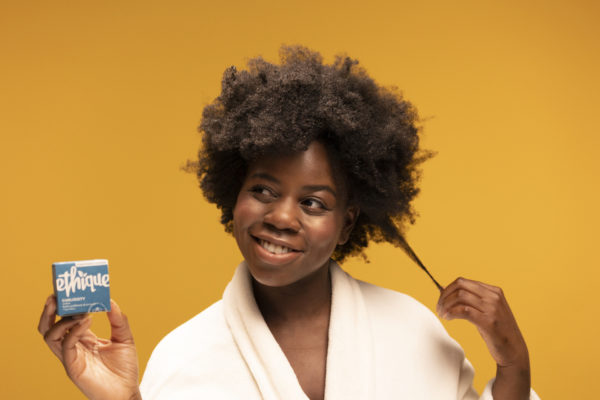The Green Coach: ‘Eco-Friendly Shampoos Are Ruining My Hair’
By
2 years ago
Can shampoo bars ever match up to traditional hair products? Lucy investigates
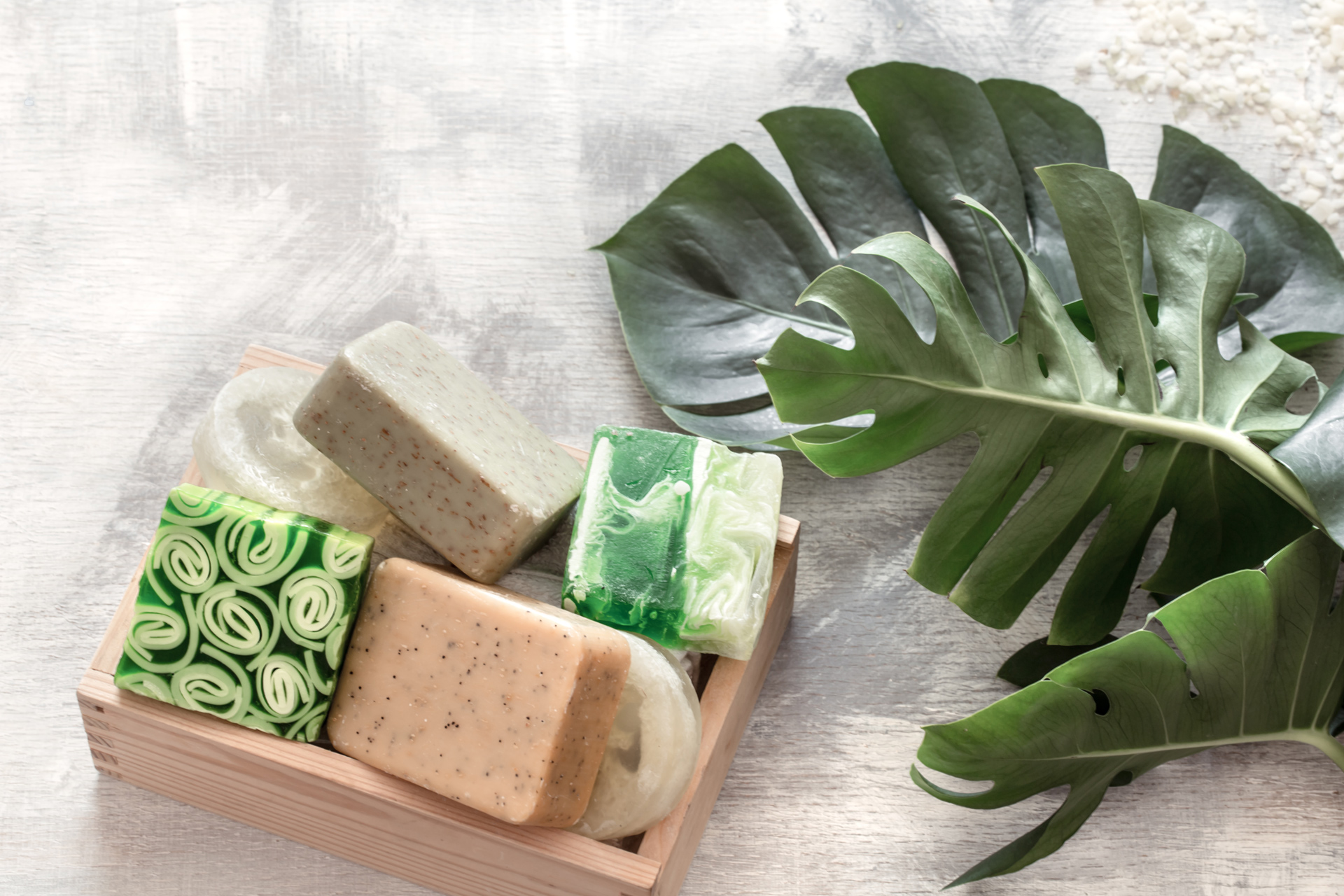
Ever been hit by eco-guilt for buying plastic-wrapped food? Or felt eco-confused over whether an aluminum can or a glass bottle was greener? Look no further. In our monthly column, Lucy Johnson, psychotherapist and founder of sustainable lifestyle consultancy Green Salon, will be tackling all our biggest questions and confessions about the complexities of living a greener life. This month, she’s here to talk about shampoo: why traditional hair products can be detrimental to the planet, and what the alternatives are – including her recent find that’s changing the game.
The Green Coach: ‘Eco-Friendly Shampoos Are Ruining My Hair’
Dear Lucy,
I have tried so hard to switch my shampoo to either solid bars or low sulfate shampoos like Faith in Nature but my hair looks so greasy and lank and needs more washing than ever. I feel so guilty though about the plastic I’m using and the rubbish I’m washing down the drains. What should I do?
Laura
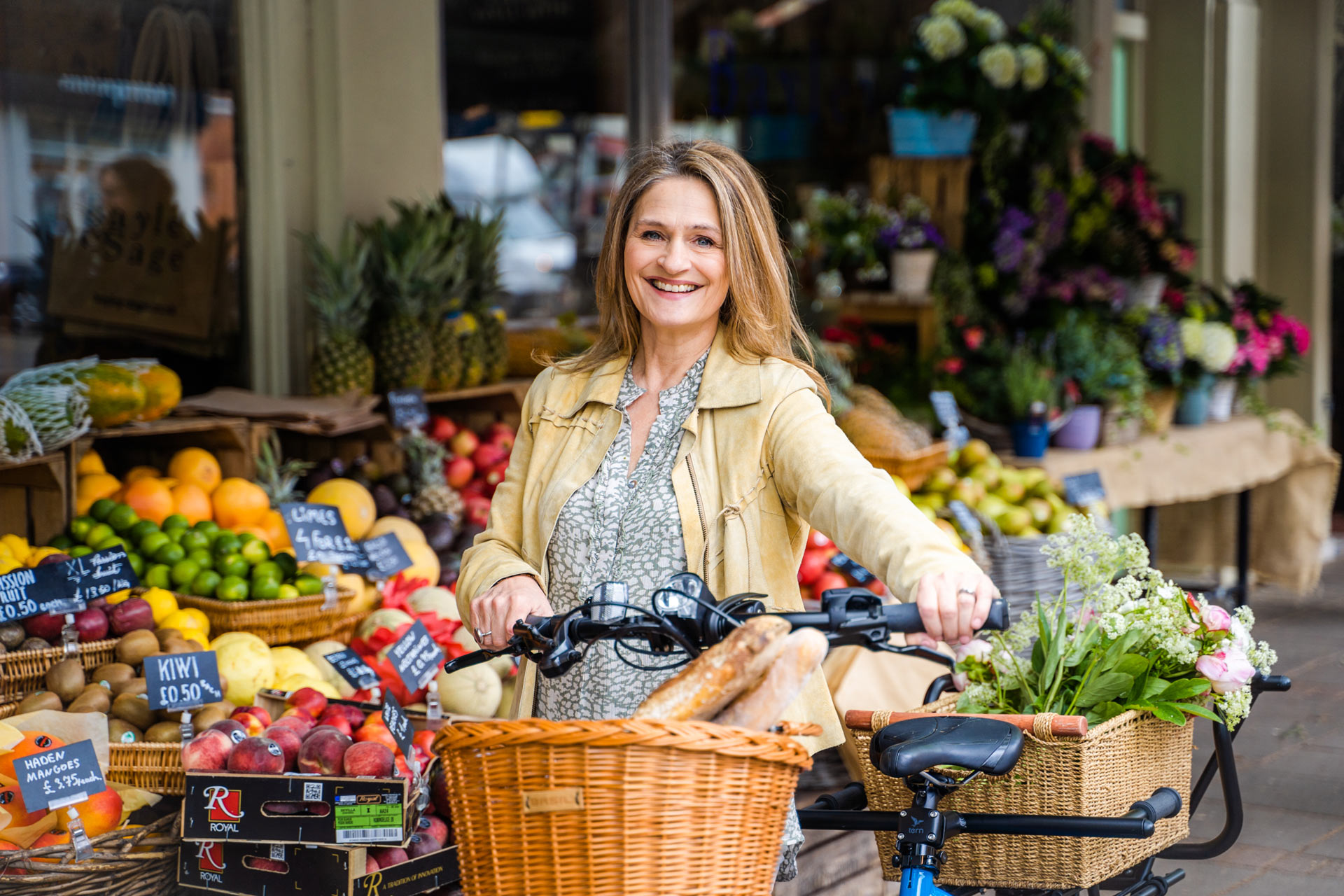
Lucy Johnson, by Vicki Knights
Dear Laura,
Your question was exactly my question for about four years. We’ve all grown so used to the miracle chemicals, like sulfates, in our shampoos and associate the satisfyingly foamy lather they create with a good hair wash. We also expect our hair products to tame our frizz, thicken our hair and give it the lustrous shine we see in shampoo ads.
But, as you say, our understanding of shampoo ingredients is evolving. Most of us have only recently clocked that sulfates often derive from palm oil and started to read the long list of man-made chemicals such as parabens, phthalates and triclosan on the back of our shampoo bottles.
While this cocktail of synthetic chemicals is harmless in trace amounts, we now understand that the repetitive use of them over time can lead to something known as ‘bioaccumulation’. Just as these chemicals build up in our waterways harming our aquatic wildlife, they can accumulate in the human body with recent research showing that these chemical endocrine disruptors can affect our fertility. So the common sense approach is to use less of them.
The problem with sulfates in particular is that they can be too good at their job. There’s lots of research showing that sulfates wash away the natural proteins, anti-microbial peptides and water-proofing oils (for which read grease) that make up our hair’s natural ecosystem, ultimately damaging the hair.
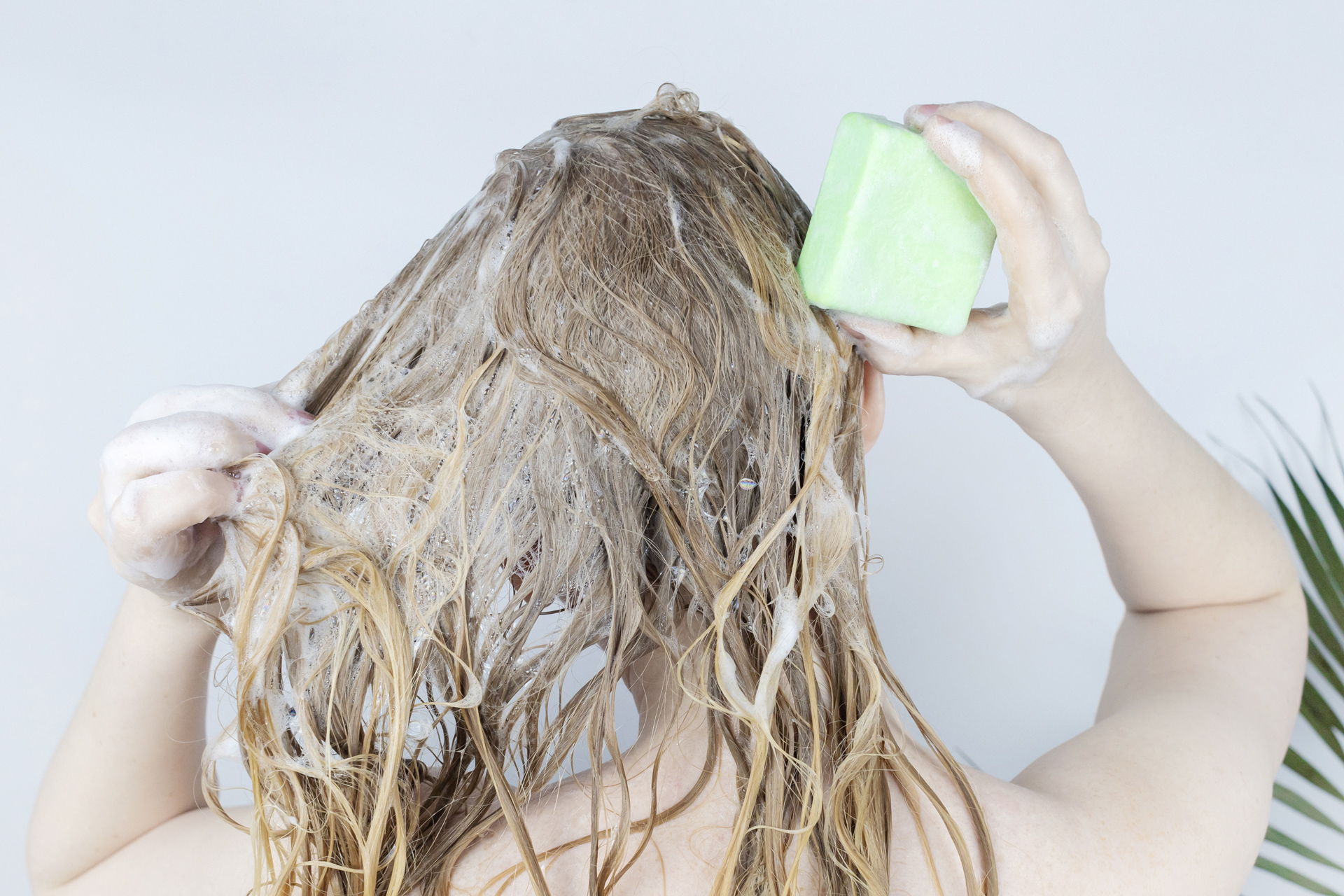
Getty Images
So, like many of us, you’ve tried to make the switch to a solid bar or low sulfate shampoo and discovered they don’t provide the shampooing utopia you hoped for. They don’t lather up like we’re used to, and worst of all they can leave our hair feeling greasy, lank and dull.
Why? Because many sulfate-free shampoos use ultra-mild cleansing agents which often aren’t strong enough to shift the grease and dirt. To make up for this, they up the concentration which can, ironically, end up being harsher on our hair. This causes our oil glands to overreact, releasing more water-proofing sebum oil in an attempt to moisturise our thirsty scalps. Or they pile in the conditioning ingredients to make the wash feel more luxurious which can lead to a build-up of residue leaving the hair lank and dull.
In the last few years, my team and I at Green Salon, the sustainable lifestyle consultancy I run, have tried a significant number of shampoo and conditioner bars in the name of research and found that we ended up looking variously like a scarecrow or the lanky-haired Pardoner from the Canterbury Tales.
But recently we’ve discovered a hair care brand, nope, that has converted us to believing that bars could finally be about to hit the mainstream. Their £9 bars do use a sulfate, but it is derived from coconut oil rather than palm oil, and they lather satisfyingly. They seem to have the right balance of cleansing agent to remove the grease without stripping it too harshly and the conditioner leaves our hair feeling soft, with a glossy shine. On top of which, each bar lasts 60-80 washes, the equivalent of three 250ml plastic bottles.
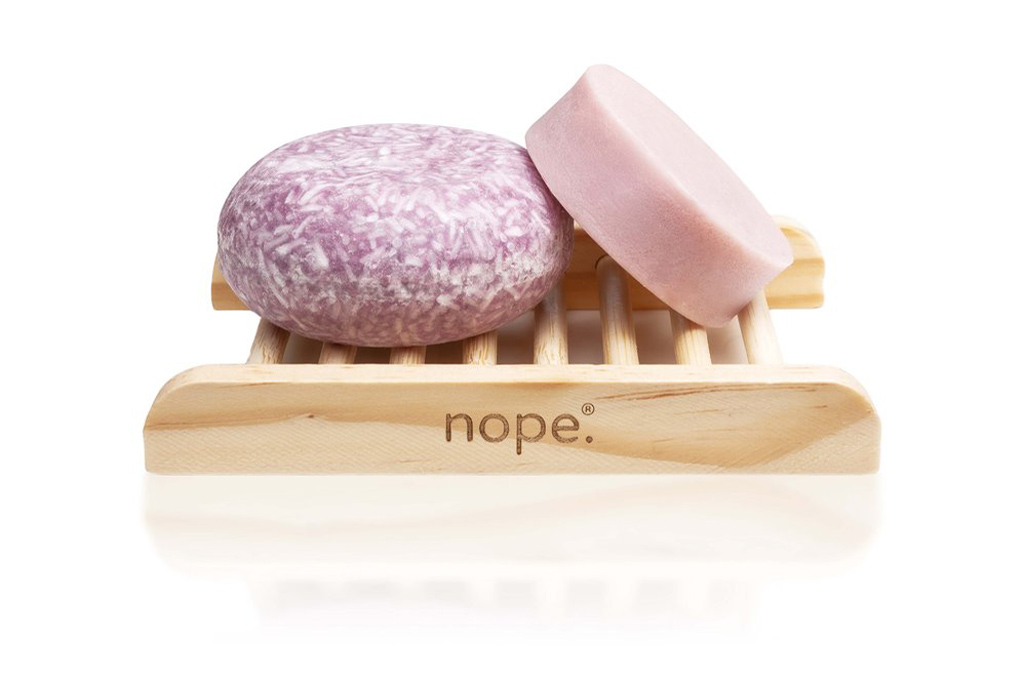
Through trial and error, we’ve discovered that the art of using bars is in the application. Rather than lather the conditioning bars in your hands and then rubbing it on, it pays to gently glide the bar along the ends of your for longer than you think necessary!
Another tip is not washing your hair as often as you may be used to. Shampoo brands have beguiled us into thinking that we should wash our hair frequently, often triggering the troublesome cycle of oil over-production and over-washing. It can take a while but most people’s hair follicles are reasonably self-balancing. You may not wish to embrace the ‘no-poo’ movement completely, but you might want to try spacing out your washes and simply rinsing your hair with warm water if you feel you need a refresh.
We’ve also found that, surprise surprise, what works for one person’s hair does not automatically work for another’s. If you find you don’t get on with bars at all, look out for Evolve Beauty’s shampoo and conditioner, which we found gentle and effective, and you can get refilled through Plastic Freedom. Somewhat pricier is Oway, which romantically grows its organic medicinal and aromatic plants on the hills of Bologna, and is available in some UK hair salons. You can refill your bottles at their ‘Take-Oway’ stations when you have your hair done.
My final word of advice would be: don’t give up. It’s taken a while, but at Green Salon we finally feel like we’ve made the transition to plant-based hair care – and the soft, shiny tresses we’d longed for.
Lucy
Got a dilemma? Email it to Lucy at [email protected]
Featured image: Getty Images






